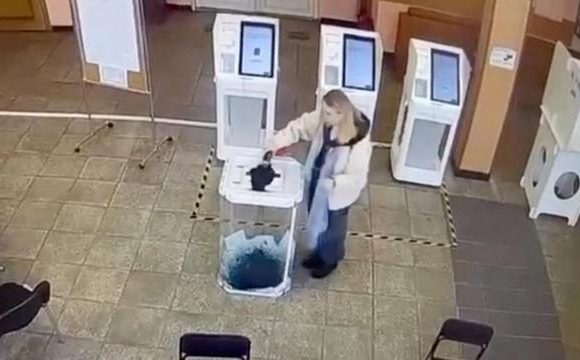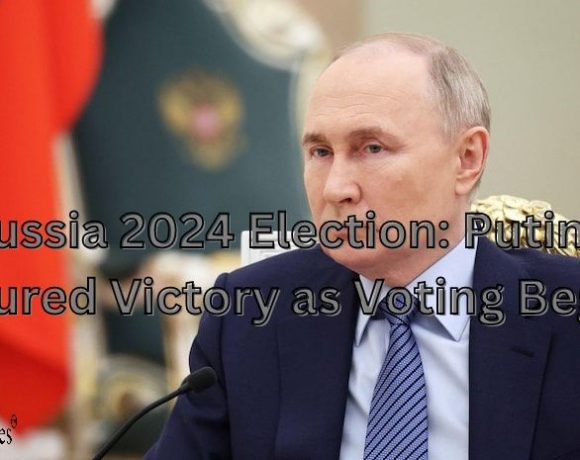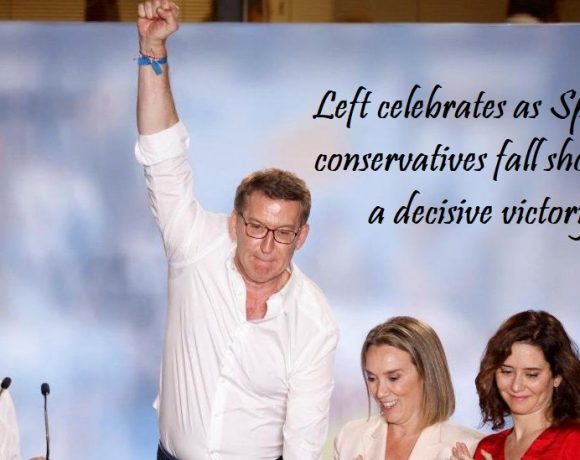
Russian authorities have reported several incidents of vandalism occurring at polling stations during the initial day of the presidential elections. These acts included pouring green dye into ballot boxes, setting them ablaze, and igniting fireworks within the polling stations. Despite these disturbances, Vladimir Putin is expected to secure another six-year term in office, as there is no significant opposition challenging his candidacy.
The voting process spans three days until Sunday, with turnout reaching 23% in Moscow by late afternoon. Most of the reported incidents took place in Moscow, Voronezh, and the region of Karachay-Cherkessia. BBC Verify has confirmed footage of several incidents, including the throwing of petrol bombs and the pouring of paint into ballot boxes.
Some incidents occurred in occupied areas of Ukraine, resulting in at least eight arrests. While the motives behind these acts remain unclear, some vandals reportedly shouted pro-Ukrainian slogans. The Central Election Committee has confirmed five incidents involving liquids being poured into ballot boxes, with the substance identified as “zelyonka,” commonly used as an antiseptic but also in protests.
Election Commission chief Ella Pamfilova strongly condemned the perpetrators, labeling them as “scumbags.” She revealed that some of those detained admitted to committing the acts for financial gain and could face up to five years in jail. Yulia Navalnaya, the widow of Putin’s critic Alexei Navalny, has called for opposition protests at polling stations on Sunday. She urged the West not to recognize Putin’s presidency, a sentiment echoed by NATO’s secretary-general, who declared the election not free and fair.
Polling stations opened in Kamchatka at 08:00 local time on Friday and will close in Kaliningrad at 20:00 on Sunday, marking the conclusion of the voting process.
Picture Courtesy: Google/images are subject to copyright


